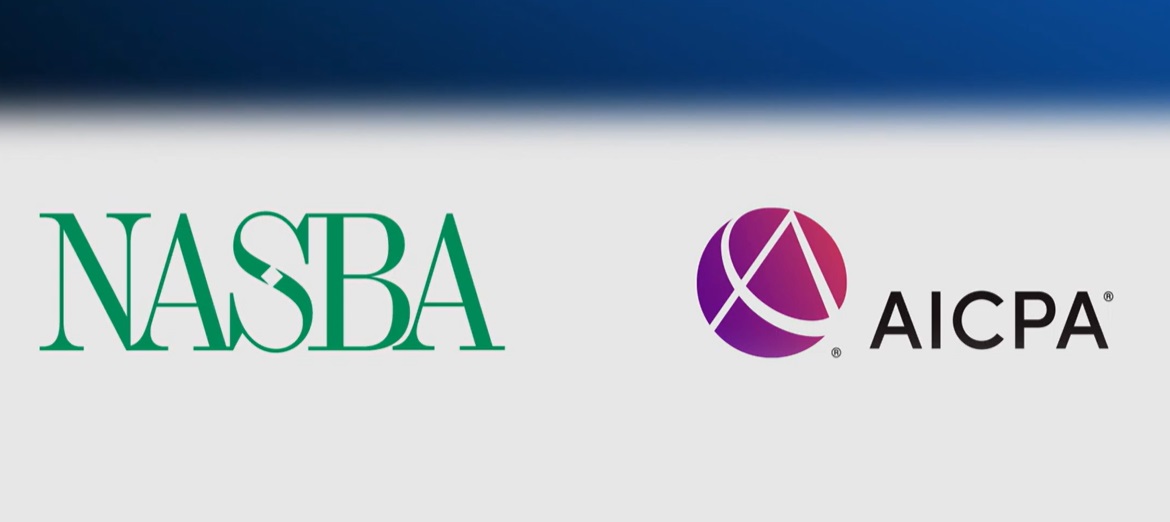As part of efforts to address accounting’s talent needs and expand access to accounting careers to more candidates, the American Institute of CPAs (AICPA) and the National Association of State Boards of Accountancy (NASBA) have proposed changes to the profession’s model law.
The Uniform Accountancy Act (UAA) provides state legislatures and boards of accountancy with a national model that can be adopted in full or partially adapted to meet the needs of each jurisdiction.
The proposed changes to the UAA would enable the potential adoption by states of the CPA Competency-Based Experience Pathway — an additional path to CPA licensure proposed by the AICPA and NASBA.
The Competency-Based Experience Pathway would allow CPA candidates to demonstrate their professional and technical skills in the workplace after earning a bachelor’s degree and meeting their state’s requirements for accounting and business courses. The AICPA and NASBA released an exposure draft outlining the proposed pathway on Sept. 12. That comment period is open through Dec. 6.
To facilitate state adoption of the CPA Competency-Based Experience Pathway, the AICPA and NASBA boards of directors each approved for exposure changes to the UAA that would:
- Set the education required to sit for the Uniform CPA Examination at a baccalaureate degree or higher
- Define the requirements for an additional pathway for licensure as a CPA
- Maintain mobility for those licensed under a pathway defined in the UAA
- Facilitate a means to allow state boards of accountancy to identify those licensed under a pathway that is not substantially equivalent to the UAA through a national licensee database, and
- Provide a mechanism for those who are licensed under a pathway that is not defined in the UAA but who later meet the mobility requirements defined in the UAA
Separately, the NASBA Board of Directors approved for exposure UAA Model Rule changes updating the definitions to reflect the additional pathway for licensure and the experience required for the issuance of an initial certificate under the proposed additional pathway.
The AICPA and NASBA are seeking input on the proposed changes through a comment period that will remain open until Dec. 30. Comments can be sent to UAA Exposure Draft Comments.
Thanks for reading CPA Practice Advisor!
Subscribe Already registered? Log In
Need more information? Read the FAQs




